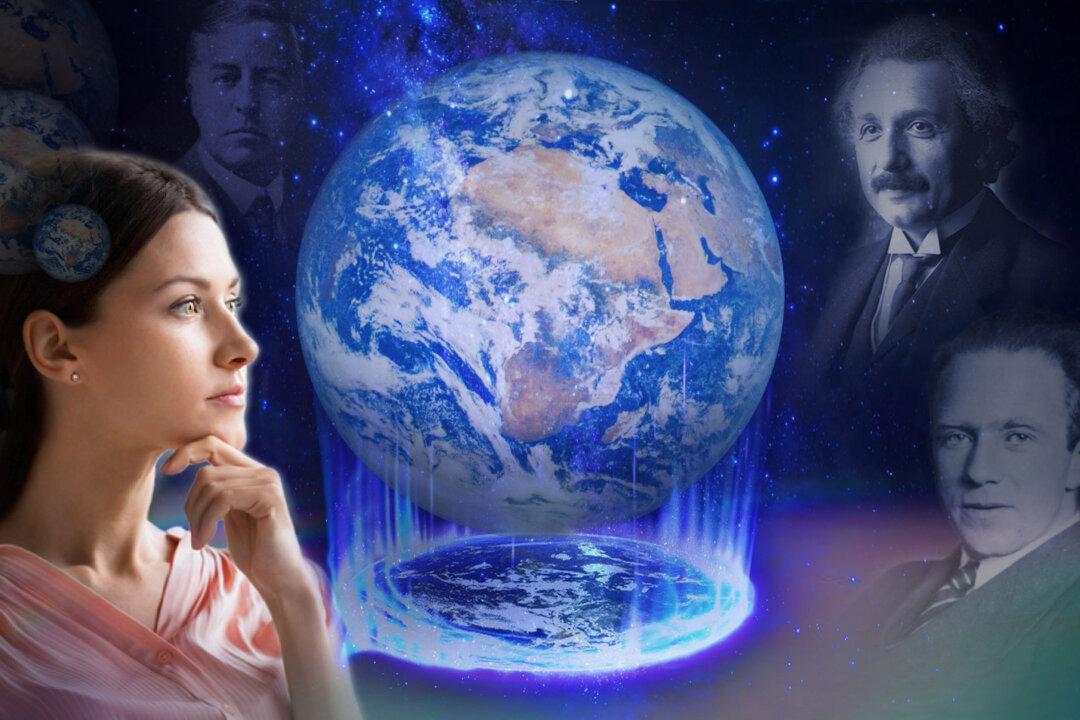Just because it’s all in your head, doesn’t mean it’s not real.
Some define “reality” as the physical state of things—the way they “actually exist”—as distinguished from how they are conceptualized, or imagined, in our minds. Thus, the consciousness existing in our minds is often mistrusted and deemed a poor judge of reality. But this poses a question: Can reality be judged without consciousness?






